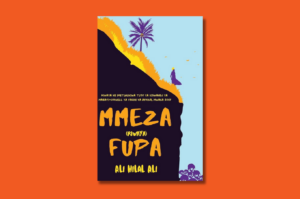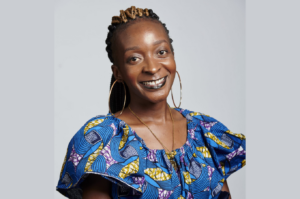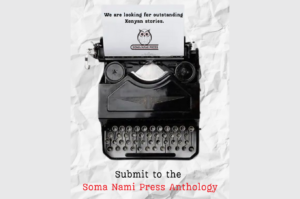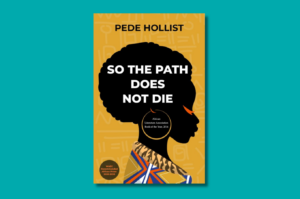
Akwaeke Emezi and Saidiya Hartman had a session at the recently concluded Schomburg Center Literary Festival. Hartman is a professor of English and Comparative Literature at Columbia University. She is known for the book Lose Your Mother: A Journey Along the Atlantic Slave Route and an extensive body of work that explores history, slavery, law and literature.
Hartman and Emezi centered their discussion on Emezi’s new book Dear Senthuran: A Black Spirit Memoir, a non-fiction work that continues some of the major themes explored in their debut novel Freshwater. The interview covers the relationship between the two book, citing the differences between both works with regard to the Igbo mythological concept of Ogbanje.
Hartman and Emezi also touch on the challenges of writing a book that brings together the life of a spirit navigating a human world in human form. They explore the experience of embodiment: what it means to be a god inhabiting flesh. Emezi comments on how their experience of being both god and nonhuman complicates gender binaries.
A rich and wide-ranging conversation. Worth the watch! Read an excerpt from Emezi’s reading during the session.
Deity | Dear Eloghosa,
I need to tell you about a turning point.
I used to spend a lot of time trying to figure out why I couldn’t detach from this world, float the way other nonhumans like you and Ann do. I studied Rumi for months—making notations, copying out quotes by hand as if they could travel up my fingers, pierce my skin, take up home in my flesh. When craving comes, then virtue is concealed; a hundred veils divide the heart and sight. I thought if I could unshackle myself from the flesh, from the desires of this world, I would be free, and the pain would stop. But that’s a lie; even Rumi said it wasn’t true. The pain that the Creator will is useful. Still, there was something there, something of spirit, something I wasn’t getting right. I had touched it before; I remember explaining it to the monk in Bulgaria with the stained-glass eyes. I remember how he stared at me. “People spend years in the monastery trying to get to what you just said,” he told me. Rumi had said, God’s shadow is the servant of the Lord; he’s dead to this world and alive to God. How do you die without killing your body? Each moment you have death and the return—the Prophet said the world is for an hour. It’s like Shams said. There is only one way to be born into a new life—to die before death. Or the Drowned God. That which is dead may never die.









COMMENTS -
Reader Interactions